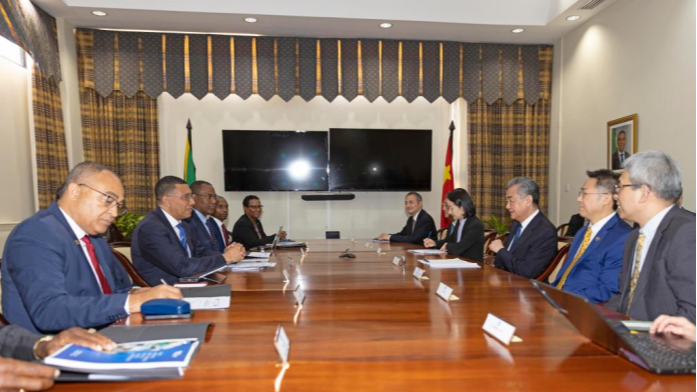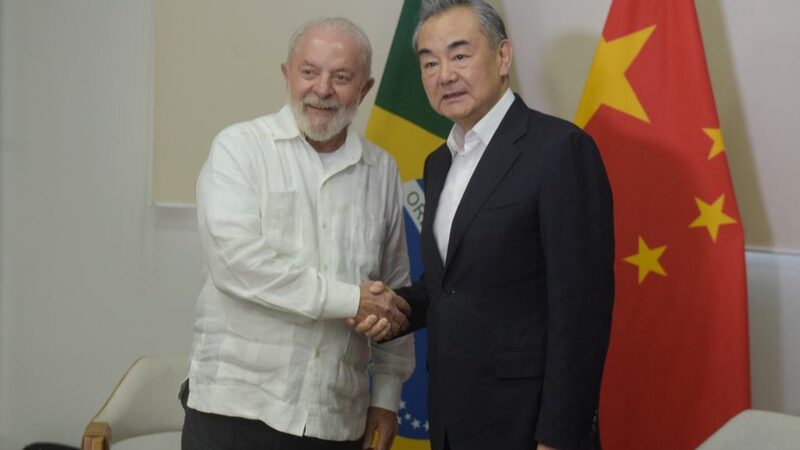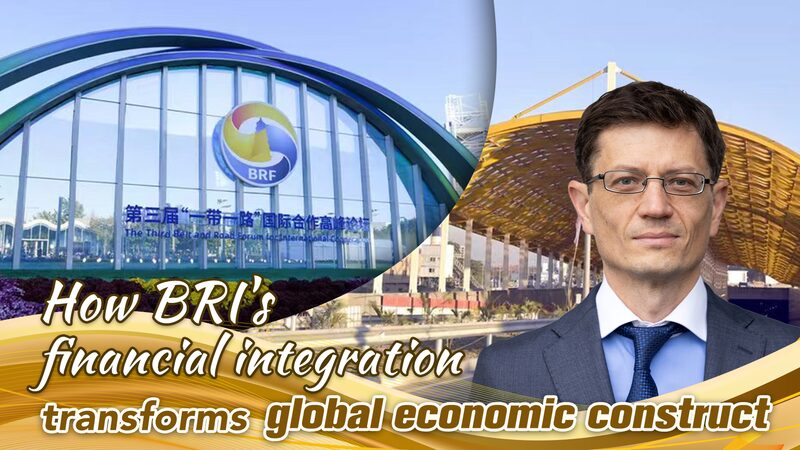Recent comments by U.S. Secretary of State Marco Rubio in Jamaica highlight Washington's deepening unease about China's growing role in the Caribbean and developing economies worldwide. Labeling Chinese investments as "predatory," Rubio echoed longstanding U.S. concerns over Beijing's global economic strategies. Yet analysts suggest this rhetoric underscores a broader shift in global power dynamics, with China challenging Western-dominated financial systems through initiatives like the Belt and Road and multilateral banks.
A Clash of Economic Models
For decades, institutions like the IMF and World Bank shaped global finance under the Washington Consensus, prioritizing market liberalization and political alignment with Western interests. Critics argue these policies often left developing nations burdened by debt and austerity. China's approach, exemplified by the Asian Infrastructure Investment Bank (AIIB) and New Development Bank, emphasizes infrastructure partnerships without political reform demands, offering what many see as a more flexible alternative.
Redrawing the Global Financial Map
Unlike Western-led institutions, China's financial platforms grant developing countries greater decision-making influence—a shift empowering Global South nations to diversify economic ties. "This isn't just about loans," notes one Jamaica-based economist. "It's about rewriting the rules of engagement between developed and developing economies."
While U.S. officials warn of debt traps, Caribbean leaders increasingly view Chinese collaboration as crucial for ports, energy grids, and digital connectivity projects. As global economic architectures evolve, the competition between Western-led conditionality and China's development-focused model continues to reshape international relations.
Reference(s):
cgtn.com








